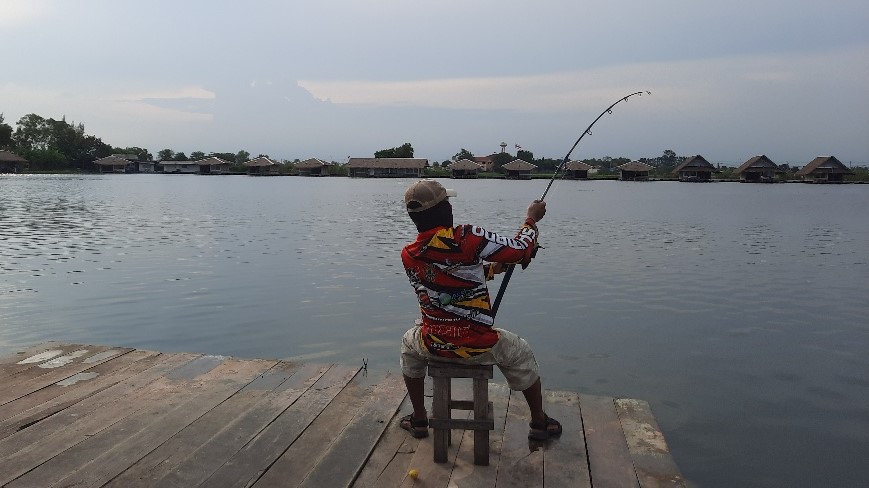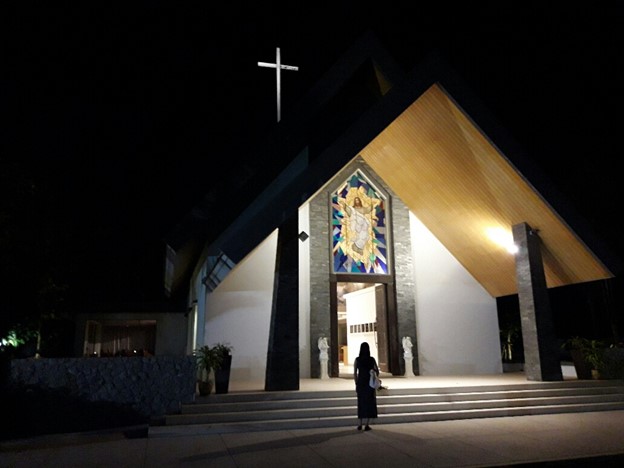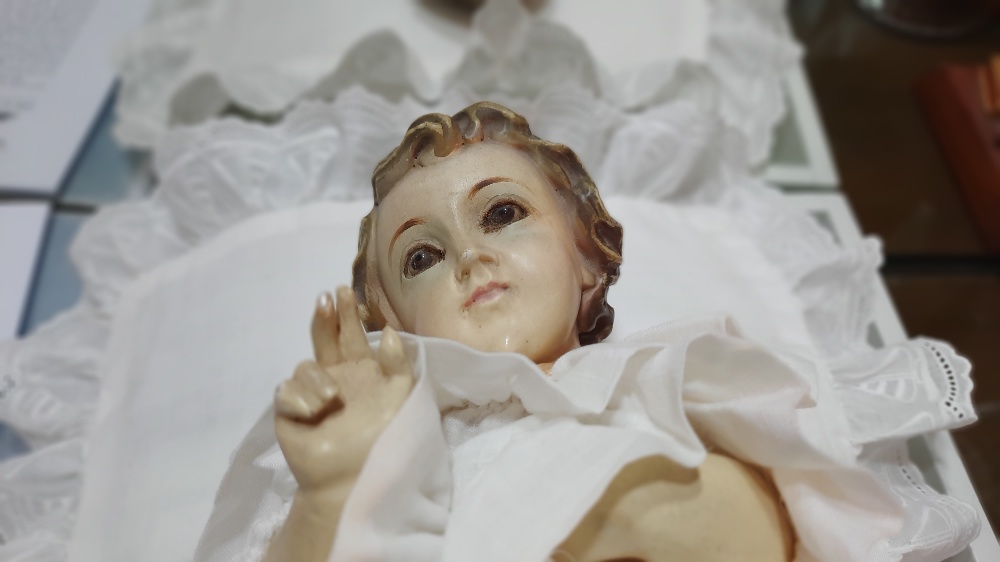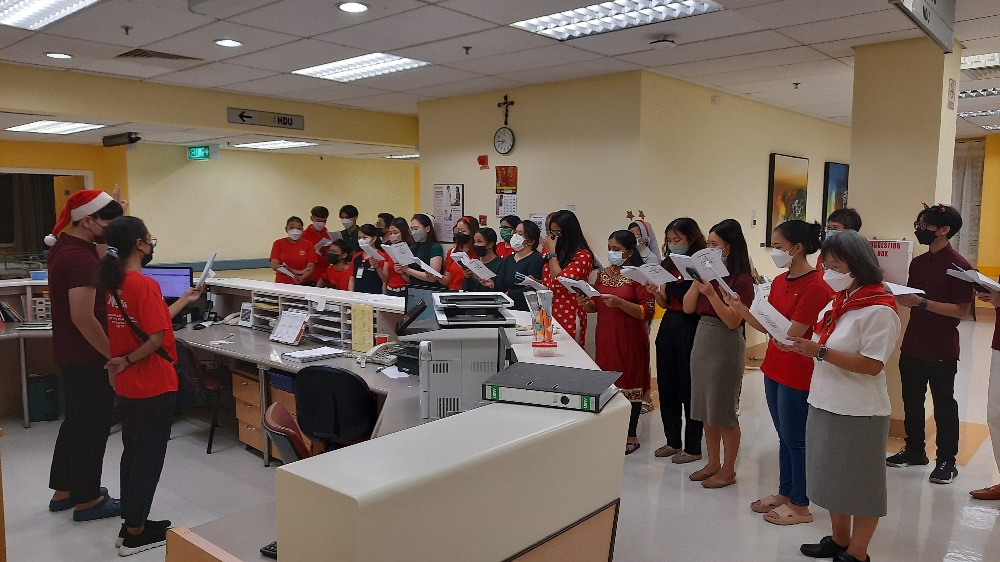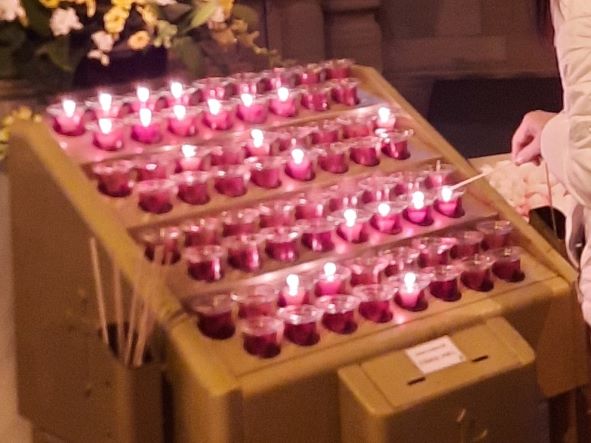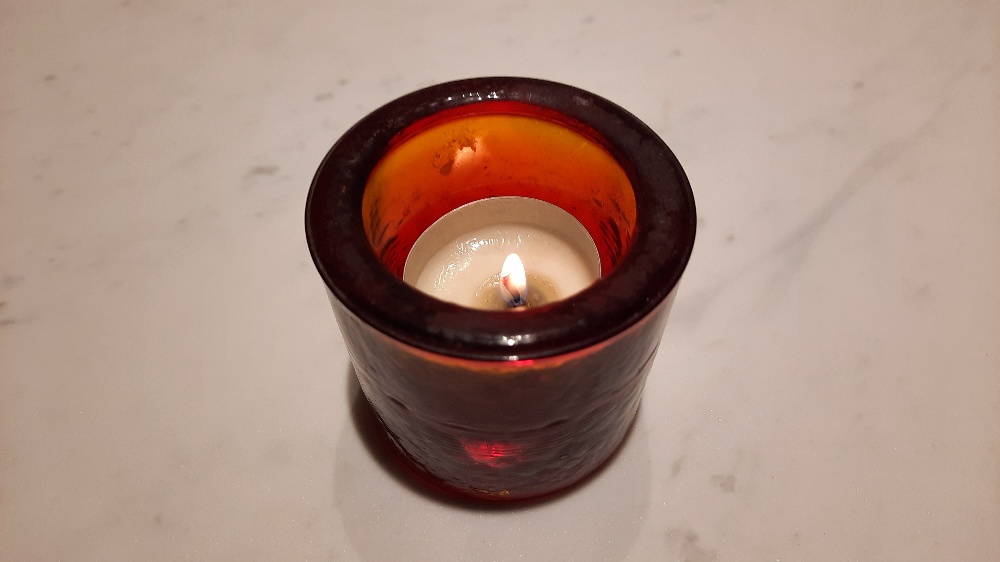A recent inspired conversation with a friend led me to ponder about what love really means. Today, the “behaviour of the world around us” (today’s second reading) has strongly influence our definitions and expressions of love, so much so that when we attempt to speak of the love Christ defined in the Gospel, we find it difficult to gain any foothold in today’s worldly conversations. Love, its true meaning, has been much mangled.
“Then Jesus said to his disciples, ‘If anyone wants to be a follower of mine, let him renounce himself and take up his cross and follow me. For anyone who wants to save his life will lose it; but anyone who loses his life for my sake will find it. What, then, will a man gain if he wins the whole world and ruins his life? Or what has a man to offer in exchange for his life?” (Today’s Gospel)
Whether we are believers or not, would we not appreciate and enjoy ‘love’ if it is defined and expressed by the total giving of oneself? Christ defined this ‘total giving’ by renouncing his whole self, taking up his cross and giving his life on it to define what ‘love’ truly means. Today’s world has led us away into multiple deviations from this truth, diluting the life-giving properties of love. True love has no element of being self-serving, not an ounce of it, and is all about being self-giving, totally.
Life is already naturally challenging and difficult. Human behaviour had added so much more to these challenges and difficulties. Among other things, it has made it competitive and unforgiving so much so that such a concept of total giving has no traction.
“Follow me” is a call to help us navigate this world. It leads us away from modelling ourselves on the behaviour of the world around us. It leads us safely away from falling into the swirling pool of self-entitlement, and other behaviours that are self-serving. “Follow me” is not a call into self-inflicted suffering, not to give up our life and to die on our own cross. It is to “follow me” and I will take you through your challenges and difficulties in this world. “Follow me” leads us onto the safe path of living.
What is your definition of love? This truly, is worth a ponder. And then, maybe allow it to let our behaviour change, modelled by a new mind to know what the perfect thing to do is.
“Let him renounce himself, take up his cross and follow me”. To renounce our self is to give away the self in us for the sake of the other. Renounce oneself is total giving. To “take up” expresses our free willed intention and choice to change our behaviour to adopt the cross of total giving. Only in this way can we say that we truly love. Too often, we mistakenly associate the cross to suffering. It is the cross of total giving.
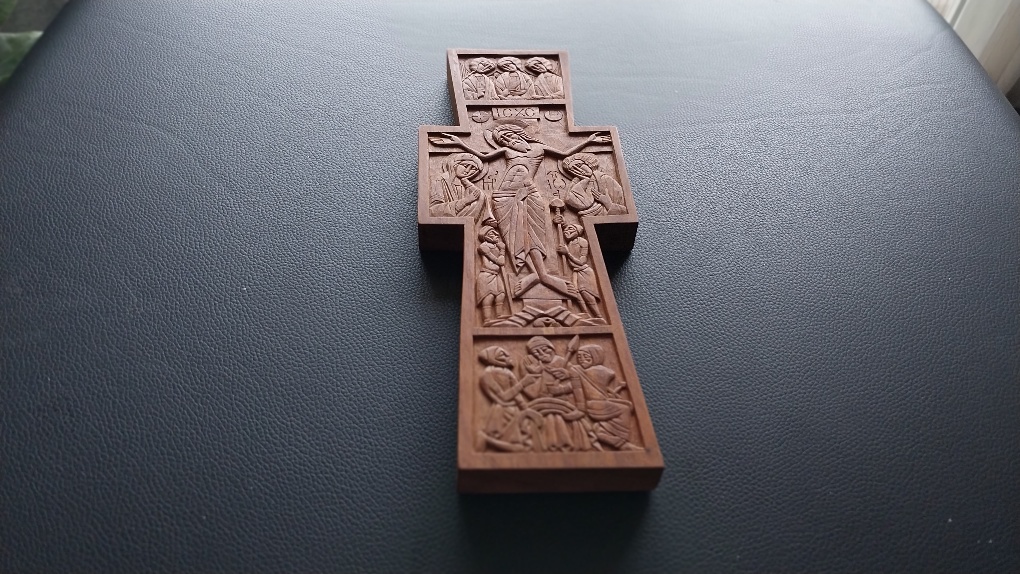
22nd Sunday in Ordinary Time
Romans 12:1-2
Matthew 16:21-27
(In conversation with Fr Hermes Sabud)

